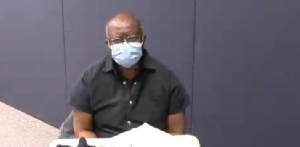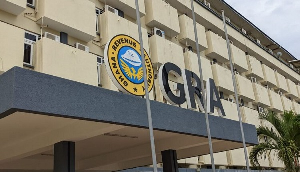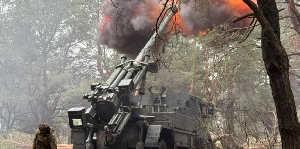Ghana And The Coach Himself.
The fear of Ghana losing coach Rajevac to nations such as Nigeria, Ivory Coast and Qatar is already in the news. This fear is of consequence because Nigeria and Qatar are richer and they can out-compete Ghana with the lure of attractive remuneration. The call within a seemingly inadequately informed minority sector of the Ghanaian public, for hiring a local coach is adding its proportionate share to this fear. It is very important for both Ghanaians and coach Rajevac himself to realize the enormity of the mutual benefit that both parties stand to gain from keeping the coach in Ghana.
The practice of hiring foreign coaches in African countries is an effective antidote to the destructive dynamics of tribalism, the dynamics of both interpersonal relations of the coach and of his affiliations with local teams. These are very unfortunate human tendencies that are not unique to Africa but sadly enough they appear to be practiced to a greater extent in Africa.
Tribal identity could potentially blind a local coach to the extent of displacing competence as a criterion for player selection for the national team in favor of a selection based on tribal identity, particularly selection of players from his own tribe. In the recent era that saw great players like Amokachie in the Nigerian national squad, the negative impact of player selection based on tribalism undermined the performance of the national team considerably. This same destructive bias would reel its ugly head in player selection for the national team if the local coach has any special ties with a local team. In that case, the coach would tend to favor selection of players from that particular team instead of a fair player selection based on competence. Again, the local coach may want to favor the inclusion of his close relatives or members of his family in place of non-relatives who may be better qualified. These tendencies could potentially ruin the performance of the national team. A foreign coach who has no native ties in Ghana would be immune to the negative influences of personal, relational, tribal or societal dynamics and he can serve the country best. Thus, it will be most beneficial to retain coach Rajevac in Ghana.
Coach Rajevac himself stands to benefit by staying in Ghana. The strength of the coach’s resume depends almost exclusively on the performance of his team. He helped form the current Black Stars which has turned out to be a well performing team and he must stay in Ghana and reap the dividends from his own work. He should see a move out of Ghana as an uncertain gamble because he does not know what players will be available for him at the other end. No other country on the globe won the last under 20 tournament but Ghana alone. This makes Ghana a uniquely advantageous country that has a pool of highly skilled U-20’s into which he can always tap to supplement or even improve his player selection. He tried some of the U-20’s such as Ayew in the 2010 world cup and they performed highly above expectation. Most of the U-20’s are quite young and they can play in at least two more future world cups and this would make his work easier. Only in Ghana is there such a pool of highly skilled young players for coach Rajevac to tap into. I urge Ghana to try to match any counter offer of compensation made to coach Rajevac by the competitors. However, I also urge coach Rajevac to also consider the unique resources and potentials for his own professional success that are available only in Ghana and put those considerations above the lure with financial gains from other countries. Professional success and glory should stand higher than any other factors.
Sports Features of Friday, 9 July 2010
Source: Onipa Ba












